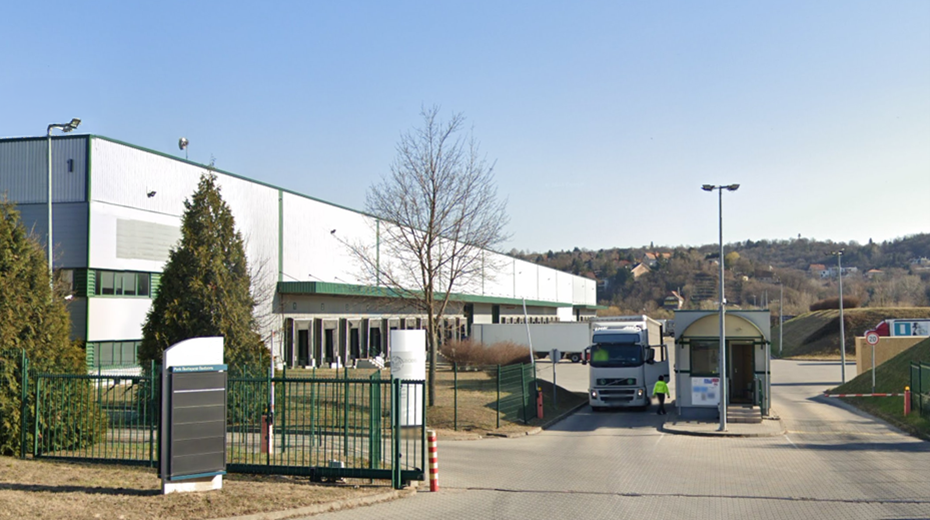JLL, a leading provider of real estate professional and financial services, has released its latest report, The Fourth Industrial Revolution, outlining the trends that are shaping supply chains and driving occupier demand for logistics property in Europe.
Key themes include:
Corporates need to rethink their approach to city logistics. There is increasing demand for innovative types of logistics property in and around cities to meet both sustainability criteria and the requirements of online and omni-channel retailing, such as: establishment of multi-storey ramped logistics facilities which, although already very common in parts of Asia-Pacific, are almost without precedent in Europe, changes in the type of warehouse facilities to meet requirements in last mile deliveries, and increasing use of shared user consolidation centres.
CEOs and CFOs who care about costs, customer service and corporate reputation need to think differently about traditional supply chains. Corporates need to better integrate their property and supply chain decision-making processes into broader business decision-making processes to get the best out of their distribution property networks and provide customers with the best possible experience whilst having better visibility over costs and benefits.
Corporates have to get better at using big data. Big data and technology will have a huge impact on corporates’ ability to understand and anticipate customer demand. Used effectively, it will influence the necessary transformation of traditional production-led supply chains into consumer-centric demand chains, complete with improved visibility of demand, increased responsiveness of supply chain processes, and enhanced tracking of products. Big data will lead to lower demand for logistics facilities to hold stock, and higher demand for facilities to handle the movement of product back and forth along the chain.
Globalisation and ‘right-shoring’ will lead to increased demand for industrial property in EMEA. Over recent years interest in re-shoring and near-shoring has increased owing to rising labour costs in China, hidden costs related to long supply chains, quality issues and increasing supply chain risks. The EMEA region is likely to benefit from more re-shoring and near-shoring, with segmented supply chains becoming the norm. Turkey, CEE and North Africa have become attractive locations for near-shoring to European markets.
Guy Gueirard, head of EMEA logistics & industrial, JLL, said: “Global supply chains are facing their biggest shake-up in centuries. Corporate occupiers need to think differently about traditional supply chain logistics in order to future-proof their businesses, better manage costs and put customer service at the heart of what they do. Investors have an opportunity to tap into the changing landscape as demand for logistics property in the EMEA region grows, and as city logistics evolve and innovate to be fit for purpose in the age of the Fourth Industrial Revolution.”







